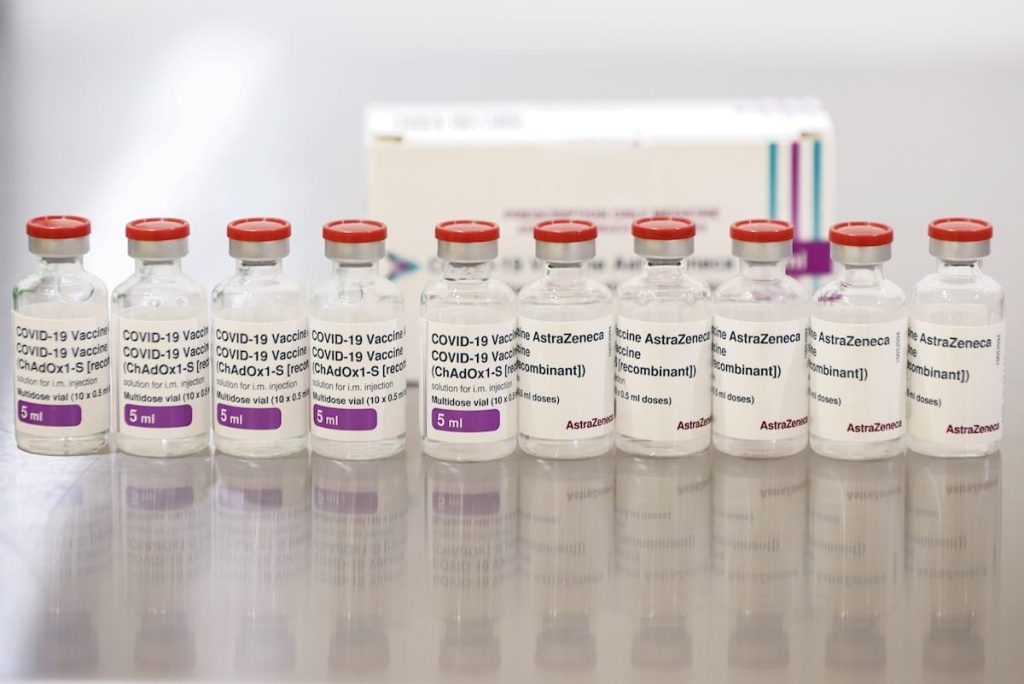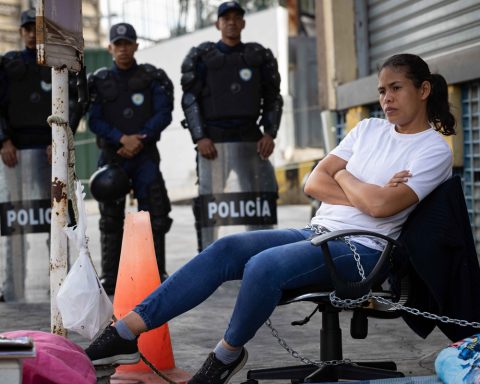Most sixth grade students in Panama have a “positive attitude” towards diversity, self-regulation and empathy, according to the Regional Comparative and Explanatory Study on the quality of education (ERCE 2019) of the United Nations Organization for the Education, Science and Culture (Unesco for its acronym in English), carried out before the pandemic and whose results were presented this Thursday.
In the case of Panama, the report revealed that the majority of student responses are positive in the three areas evaluated: 80% in openness to diversity, 72% in school self-regulation and 53% in empathy.
In addition, the study showed that schools “make a difference in the development of these skills, although their incidence is lower than in the achievement of learning.”
The ERCE 2019 study investigated for the first time about the socio-emotional skills in sixth grade primary school students.
In this second delivery of results of the study, the findings of the evaluations were presented to the 5,632 sixth-grade students, in three socio-emotional skills: empathy, openness to diversity and school self-regulation.
Regarding socio-emotional skills, the study indicates that in Panama 80% of the students’ responses were positive in terms of openness to diversity, although the result is lower than the regional average, which was 85%.











